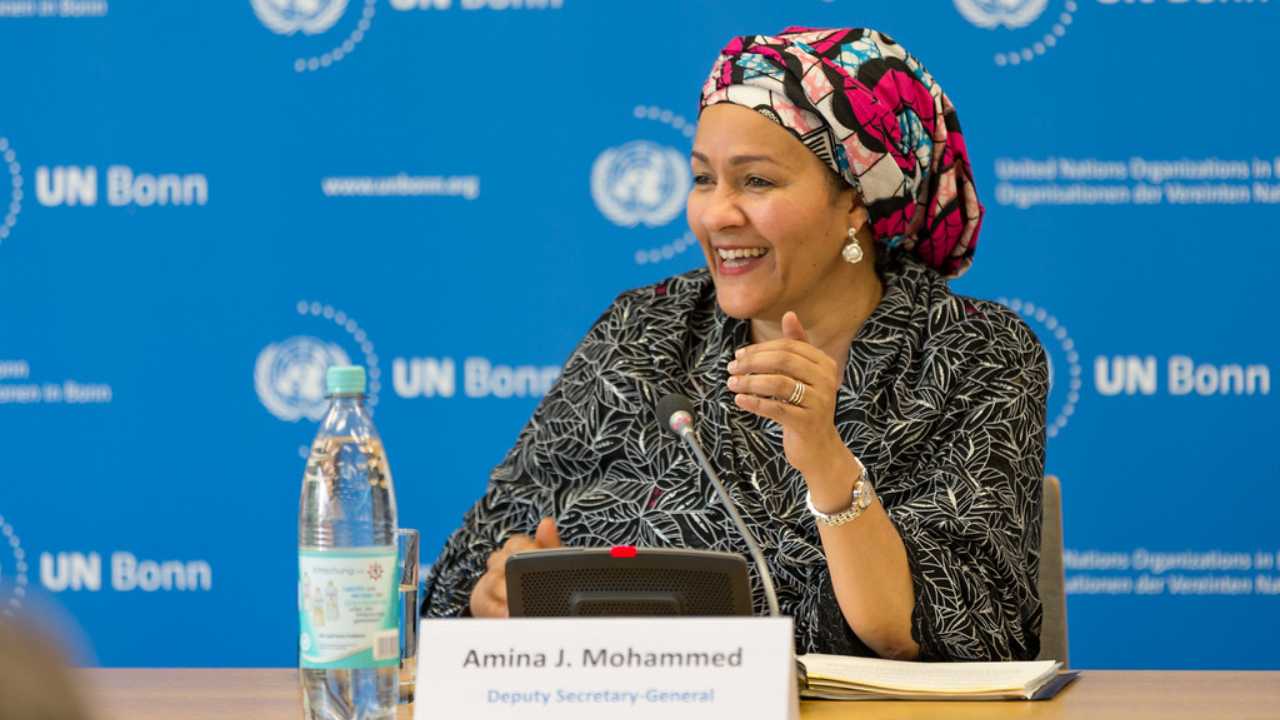Deputy Secretary-General, United Nations, Amina Mohammed, as part of her recent, two-day mission visit to Costa Rica, spoke with young environmental and climate activists and said, the United Nations belong to the youth. She asked them to connect the climate negotiations with what is happening in the world. “We have to fight for the strengthening of democracy, and participate in the votes, because ultimately democracy is also climate action.”
During their exchange, the activists expressed concerns about the impacts of climate change on the most excluded populations. They assured the UN’s second-in-command that young people are increasingly raising their voices and mobilising more to demand that countries comply with international agreements. “We must be more ambitious, move faster for the environment and the climate, but we also need the world to recognise, value and give the space that young people deserve in climate negotiations,” said Sara Cognuck, a young environmental leader.
Amina Mohammed urged the youth to strengthen how they organise around issues, identify ways to fund their causes, and ensure that their voices, as well as their actions, reach every corner of the globe. For the UN, climate change is the defining issue of our time, and it figured prominently in her discussions with Costan Rican officials, civil society and others.
The Deputy Secretary-General’s visit also highlighted Costa Rica’s leadership in mobilising development finance for middle-income countries and achieving debt relief, especially in the context of the COVID-19 pandemic. She stressed the need for urgent action and ambition on achieving Sustainable Development Goals (SDGs). Her talks also covered innovative financing tools, including so-called “blue” and “green” bonds, and aligning investments in strategic sectors such as social protection and “green” jobs to bolster future resilience. Another focus ahead of the next UN climate change conference, COP27, in Cairo next year, is linking decarbonisation efforts to a just transition.





























